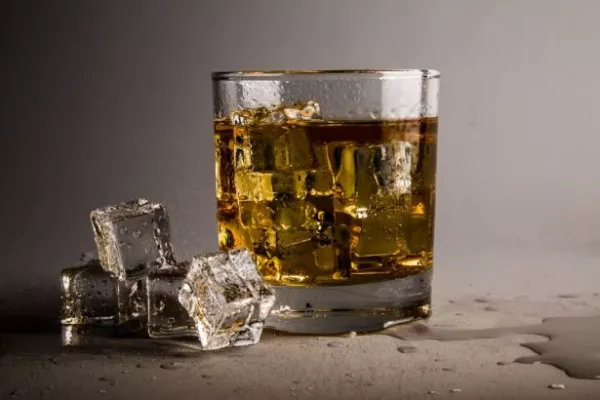The continuing global growth in Irish whiskey sales means that ensuring a sustainable future supply of barley and malt is critical to the continued growth of Irish whiskey, according to the Irish Whiskey Association.
Irish whiskey represents a third of the value of all Irish drinks exports. It is estimated that nearly 120 million bottles (10 million cases) were sold in 2017, worth over €600 million in exports from Ireland, up 20% from 2016.
Speaking at the Heritage Malting Barley Seminar in Celbridge, Co. Kildare, this week, William Lavelle, head of the Irish Whiskey Association, said that the industry aims to maintain this growth. He said that the industry’s 2014 target to double sales from €6 million cases to 12 million by 2020 is on target to being met and exceeded.
He asserted, “Consumers have acquired a taste for new, premium whiskey and are willing to spend more on innovative products that have a distinct character and heritage. Irish whiskey has those qualities. In 2014 there were just four whiskey distilleries in the country. Today there are eighteen, and we expect that number to surpass thirty by 2020 to meet growing international demand.
“The growth of the Irish whiskey industry is good news not only for the distillers, but for business owners in supporting industries, including tillage farmers and maltsters. The challenge is making sure that supply meets demand, and that producers across industries have the means to work together.”
In 2016, the Irish drinks industry purchased 220,000 tonnes of Irish barley, both malted and unmalted, accounting for 15% of the Irish barley harvest. 85,000 tonnes of malted and unmalted Irish barley were purchased by Irish whiskey distilleries with this figure set to grow significantly in coming years as global sales continue to skyrocket.
15 Irish whiskey companies have signed up to Origin Green including some of the largest distilleries. Increased sales of Irish whiskey coupled with increased commitments under Origin Green to source domestic grains will see Irish farmers increasingly benefitting from the Irish whiskey renaissance.
However, Lavelle warned, “In the long term, we need more barley supply, a greater variety of grains, and continuing growth in terms of the capacity and diversity of malt supply in Ireland.”
Lavelle noted that whiskey distillers are increasingly using different grains like oats, rye and maize for use in producing grain whiskey and blends as well as importing specialist barley malts, such as chocolate, peated, and crystal varieties.
He said, “The demand for authentic Irish whiskey has encouraged innovation and diversification. Distillers are experimenting with new mash recipes. For farmers, that presents an opportunity, both in terms of growing new or heritage varieties of barley and other grains such as rye, and in collaborating or partnering with malting companies and distilleries to supply new and unique malts. Innovation and experimentation is to be welcomed, including in the area of micro-malting.”
The Irish Whiskey Association also welcomed the recent Oireachtas Agriculture Committee’s recommendations for the development of this sector within its ‘Future of the Tillage Sector in Ireland’ report, which includes recommendations for greater use of locally sourced grains and malts in Irish whiskey production in conjunction with Origin Green, Bord Bia’s food and drink sustainability programme.









